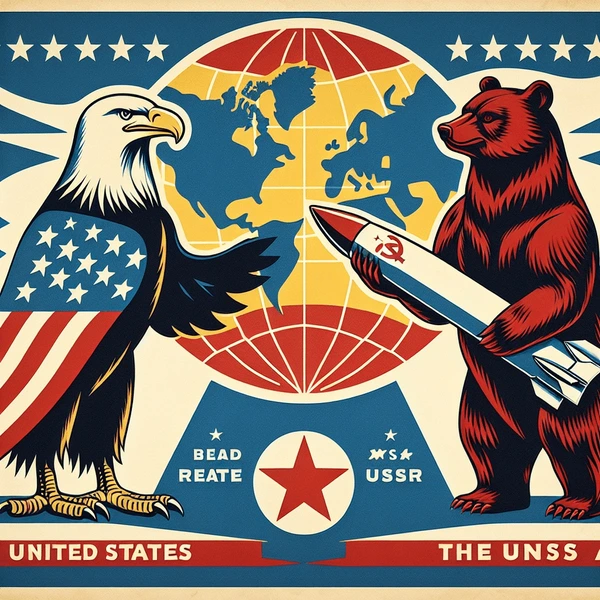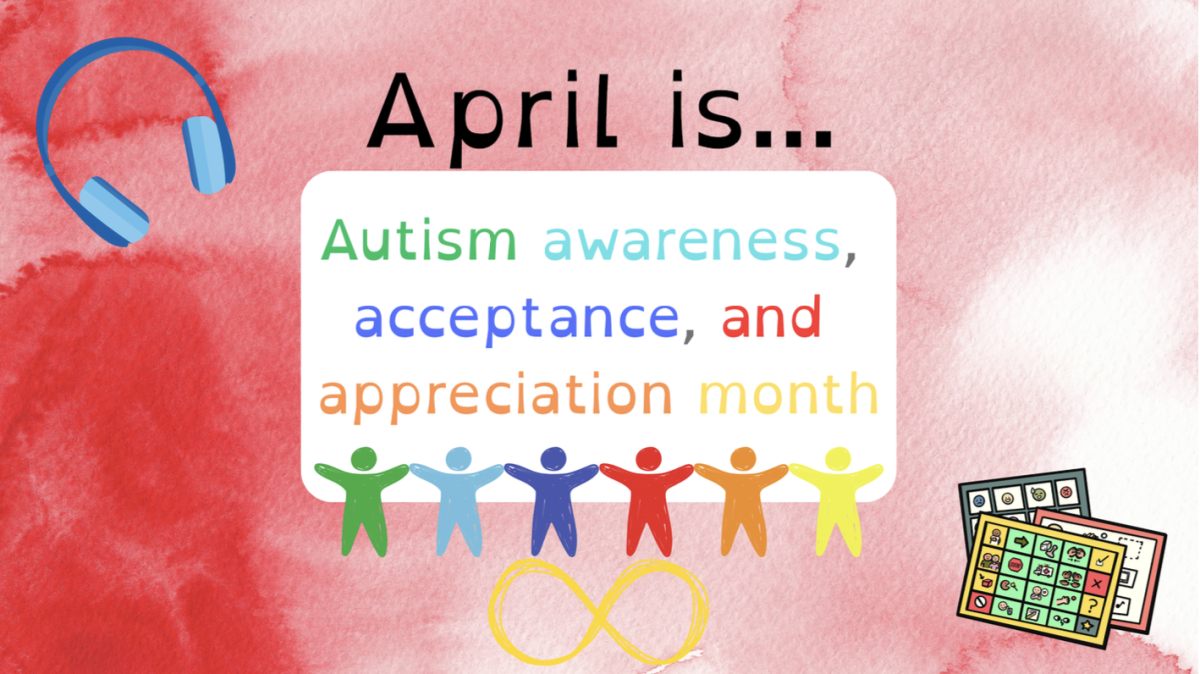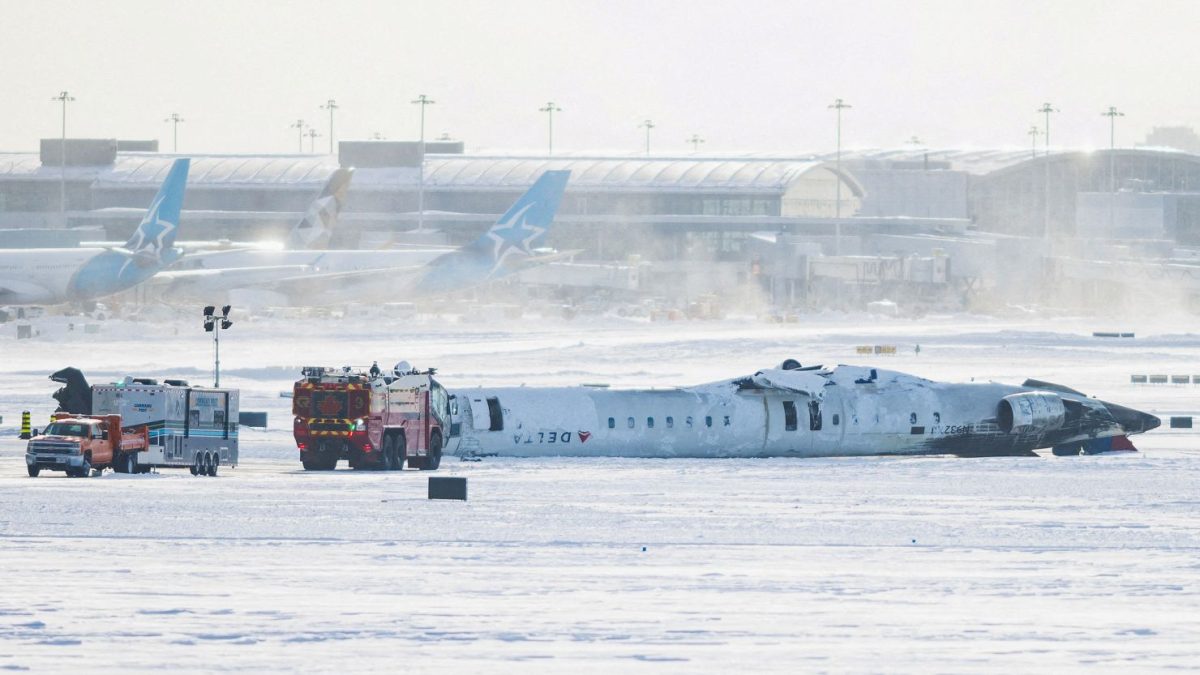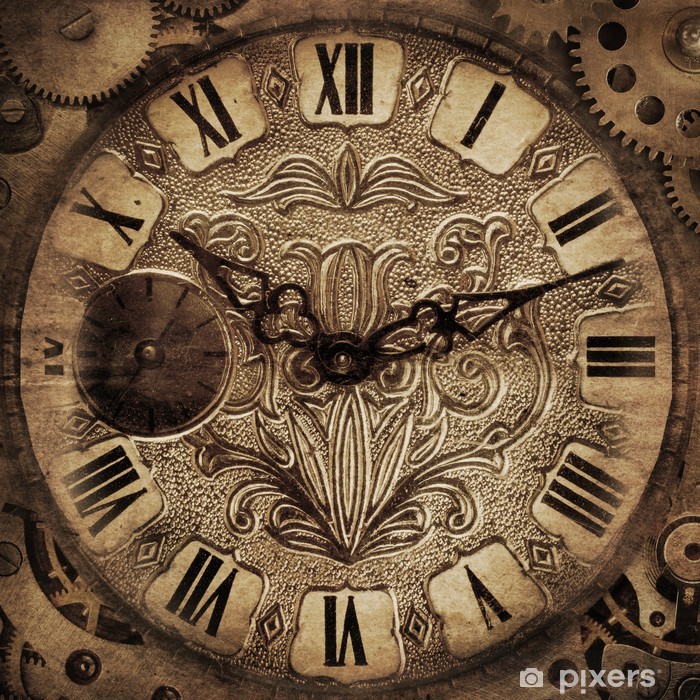
The Cold War was a deeply challenging period, marked by intense ideological and geopolitical
strife between the United States and the Soviet Union from the late 1940s to the early 1990s. Its
shadow looms large over American society even today, affecting our political landscape and
economic realities long after it officially ended.
Political Influence
The legacy of the Cold War is particularly evident in our political environment, where
partisanship and debates around national security feel ever-present. Many of us still grapple
with the “us versus them” mentality that defined that era, often leading to a divided political
climate. This polarization can be disheartening, as we see political leaders invoking national
security to support their positions, drawing on the divisive rhetoric that became so familiar
during the Cold War. When discussing foreign policy, we often find ourselves revisiting Cold War
narratives. Current tensions with countries like Russia evoke memories of past confrontations,
prompting politicians to express national security concerns as a reason to advocate for military
spending and intervention.
Understandably, many citizens feel unsure about this approach, especially when it seems to
evoke an urgency reminiscent of a time filled with fear. At home, the expansion of the
surveillance state reflects the lingering anxieties that emerged during the Cold War. Initially
intended to protect against external threats, this surveillance apparatus has grown in ways that
often infringe on our civil liberties. The struggle to find a balance between ensuring public safety
and protecting individual rights remains a source of tension, as many of us seek reassurance
that our freedoms are still valued.
Economic Conditions
The economic impacts of the Cold War are equally significant, with their effects still felt in our
daily lives. The enormous military expenditures from that era laid the groundwork for a powerful
military-industrial complex that continues to shape our economy today. It’s a concern for many
when such a large portion of the federal budget is allocated to defense spending, often at the
expense of critical public services like education and healthcare.
Moreover, the competitive drive fostered during the Cold War has shifted priorities in our
economic policies, favoring defense and technology sectors, sometimes to the detriment of
more traditional industries. Many of us can sense the pressure to maintain technological
superiority in fields such as cybersecurity and aerospace—a necessity born out of
competition—but this focus can create an imbalanced economy that impacts job creation and
wage growth for ordinary people.
Globalization, a significant outcome of Cold War strategies aimed at curtailing communism, has
brought both opportunities and challenges. While it has opened doors for American businessesto thrive abroad, it has also led to job losses in traditional sectors here at home. Many
individuals feel uncertain and anxious about the changes in the job market, leading to
conversations surrounding trade that often reflect a sense of national pride but also a genuine
fear of losing ground.
The Challenge of Communism
Communism emerged as a response to the very real inequalities of capitalism, advocating for a
society where everyone shares in the benefits of collective ownership. Yet, the history of
communism is marked by struggles, and it is important to acknowledge the hurdles faced by
those who sought to realize this vision.
Historical Failures of Communism
Many communist regimes encountered significant challenges rooted in economic inefficiencies,
political corruption, and authoritarian governance, leading to disillusionment among citizens.
Economic Inefficiency: Central planning often struggles to effectively allocate resources,
resulting in mismatches that can lead to shortages and surpluses. This inefficiency can crush
innovation and hinder growth, leaving many to feel trapped in a stagnant system.
Authoritarianism and Repression: The weight of authoritarian governance often falls heavily on
citizens, stifling dissent and curtailing personal freedoms. The desire for autonomy and personal
expression is fundamental to many, and when these aspirations are suppressed, it naturally
leads to widespread frustration and discontent.
Corruption and Inequality: Ironically, many regimes that espouse the vision of a classless
society often create new hierarchies where a select few enjoy privileges denied to ordinary
individuals. This disconnect can be deeply disheartening, as it raises questions about the very
principles intended to uplift society.
In closing, while historical attempts at communism have frequently encountered obstacles,
understanding these struggles is vital for fostering compassion and awareness about the
complexities of this ideology. Recognizing these challenges can guide us toward creating more
equitable systems and ensuring that we learn from the past as we move forward together.



























